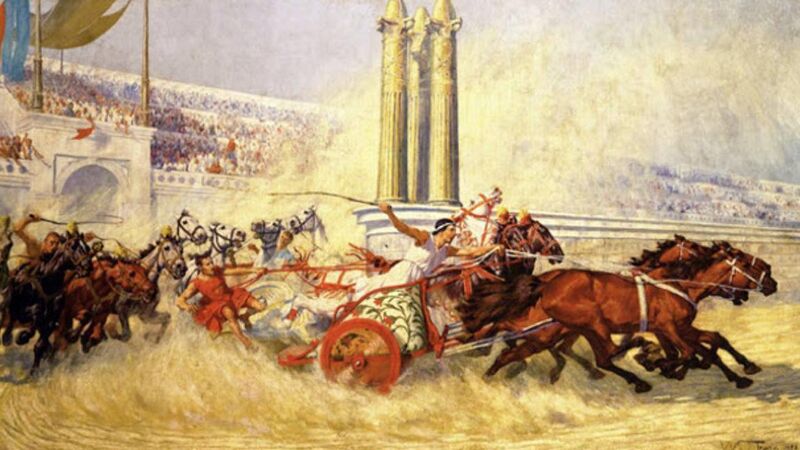From Nero's chariot to performance-enhancing drugs: A history of Olympic cheating

Emperor Nero: an early Olympic cheat, by all accounts
Bribing opponents and judges, interfering with equipment, deliberately playing badly, getting your twin sister to take your place, and women being fed "blue beans". One athlete even hitched a lift while running the marathon.
A carousel of ingenious tricks, shenanigans and skulduggery mark the Olympic path.







